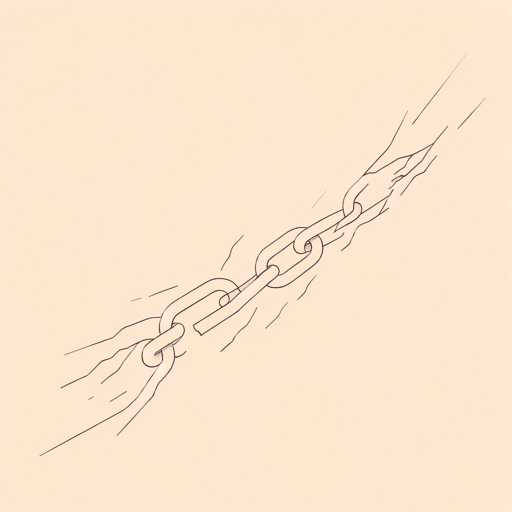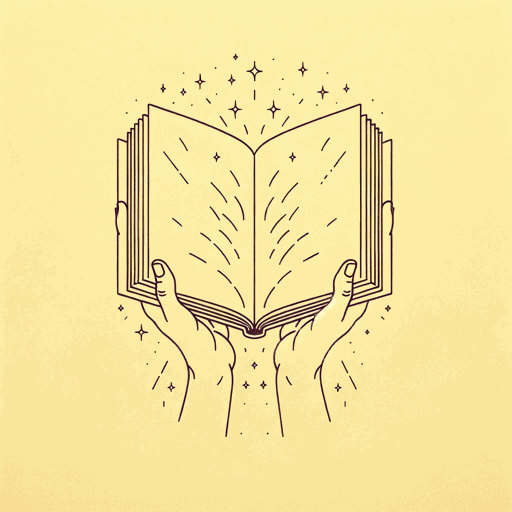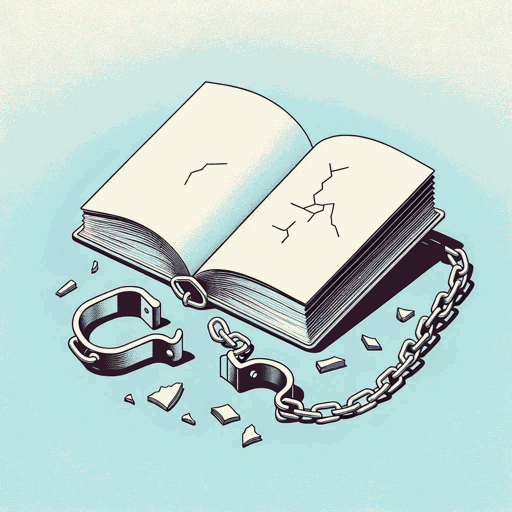61 pages • 2 hours read
Frederick DouglassNarrative of the Life of Frederick Douglass
Nonfiction | Autobiography / Memoir | Adult | Published in 1845A modern alternative to SparkNotes and CliffsNotes, SuperSummary offers high-quality Study Guides with detailed chapter summaries and analysis of major themes, characters, and more. For select classroom titles, we also provide Teaching Guides with discussion and quiz questions to prompt student engagement.
Introduction
Teacher Introduction
Narrative of the Life of Frederick Douglass
- Genre: Nonfiction; autobiography; slave narrative
- Originally Published: 1845
- Reading Level/Interest: Lexile 1140L; grades 9-12; college/adult
- Structure/Length: 11 chapters with preface and introduction; approximately 158 pages; approximately 4 hours, 23 minutes on audio
- Central Concern: This autobiographical account chronicles the early life of Frederick Douglass, from his birth into slavery in Maryland to his escape to freedom in the North. Through evocative prose, Douglass offers a firsthand account of the brutalities of slavery, his hunger for knowledge, and the burning desire for freedom. The narrative stands as a powerful critique of American slavery and a testament to the indomitable human spirit.
- Potential Sensitivity Issues: Graphic descriptions of enslavement; depictions of physical and mental abuse, racism, and dehumanization; inclusion of derogatory and offensive racist language; sexual abuse including rape
Frederick Douglass, Author
- Bio: Born circa 1818, died 1895; former enslaved person who became a prominent abolitionist, writer, and speaker; self-taught; known for his eloquent oratory and incisive antislavery writings; became an international antislavery activist; held various government positions post-Civil War
- Other Works: My Bondage and My Freedom (1855); Life and Times of Frederick Douglass (1881)
CENTRAL THEMES connected and noted throughout this Teaching Guide:
- Slavery Dehumanizes Everyone Who Is Involved in It
- Slavery’s Corrosive Effects on Religion
- Knowledge and Ignorance
Related Titles
By Frederick Douglass




